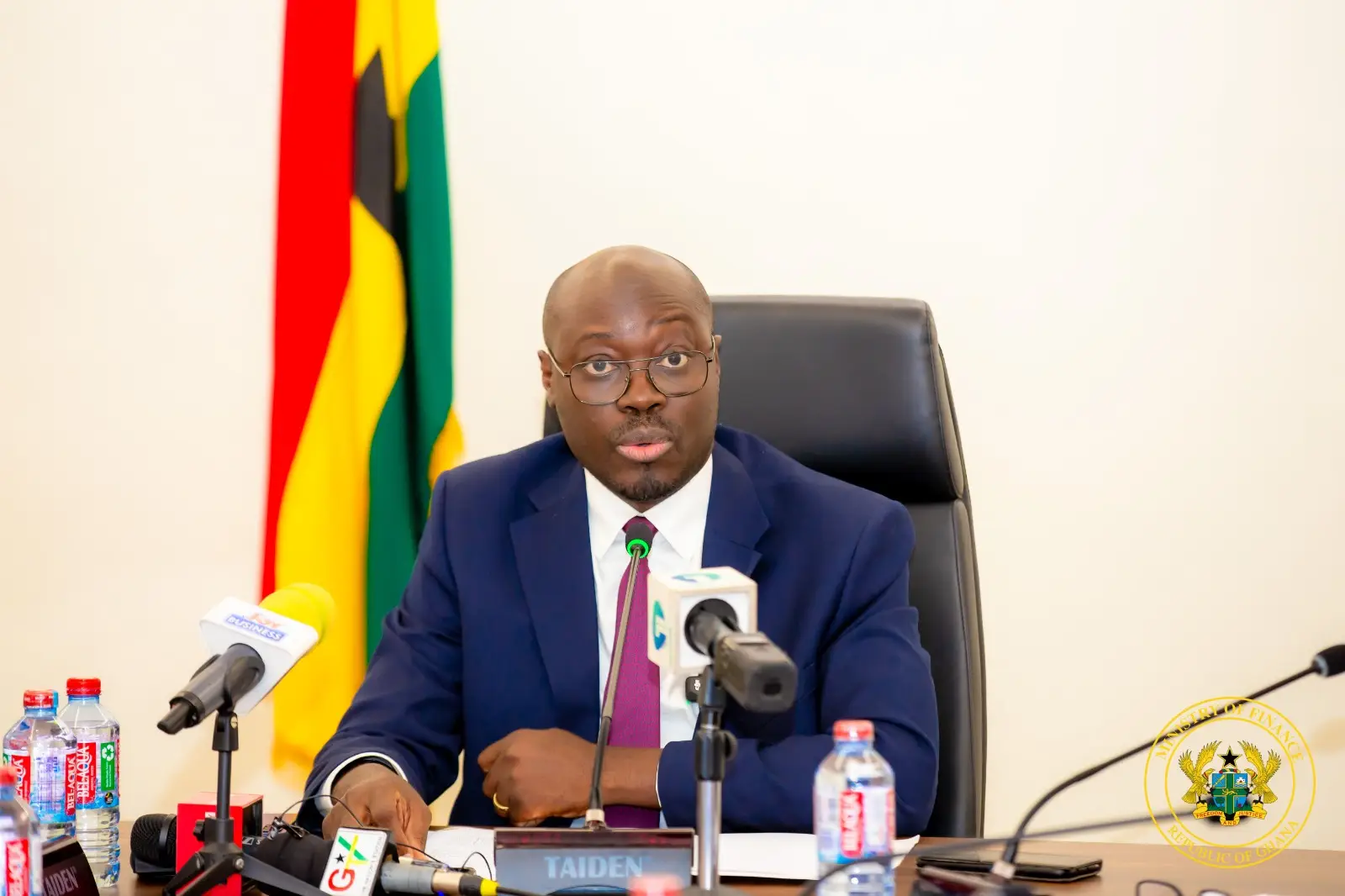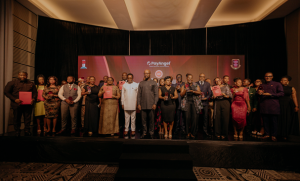
The Accra Metropolitan Director of the National Commission for Civic Education (NCCE) Ebenezer Tetteh Wayo has advised civil and public servants to critically examine the motive behind gifts before accepting them.
That, he noted, was the only way to prevent them from falling into acts of corrupt practices.
Mr Wayo gave the advice at a sensitisation workshop on corruption for staff of the Ablekuma Sub-metro office of the Accra Metropolitan Assembly (AMA) in Accra.
According to him, institutions of state cannot effectively deal with philanthropists and so-called benevolence organisations when they fall foul of the law because they have been supporting with gifts which could be described as bribes aimed at seeking favour.
Corruption, he explained is the abuse of entrusted power for private gain and often committed at levels of government to distort policies between middle-level public officers in their interaction with ordinary citizens.
Mr Wayo indicated that administratively, corruption alters implementation of policies in issuing of licences to favour people who do not qualify, politicians also manipulate decisions to sustain their power, status and wealth while others offer jobs to close family members and cronies who do not deserve it.
He cited the Quran chapter Two verse 188 and eight and Exodus:23-8 which warns people to desist from bribery which makes people blind to what is right and ruins the cause of those who are innocent.
Mr Wayo attributed corrupt practices to extreme poverty, low salaries, greed, dishonesty, lack of ethical standards, weak enforcement of laws and get rich attitude, which he pointed out leads to under development, injustice that distorts and weakened the moral fibre of society.
He called for intensive public education, transparency, accountability, social auditing and quick passage of the Right To Information Bill to enable whistle blowers to make disclosures to the appropriate authorities for redress.
Inspector Emmanuel Yamoah, of the Korle-Bu Divisional Police Command, attributed bribery and corrupt practices to cultural attitude of the Ghanaian society.
According to him, families and other interest groups are quick to start pleading to the powers that be for the release of cronies when they fall foul of the law.
That, Inspector Yamoah noted, made it difficult for institutions to effectively deal with corrupt practices.
Read Full Story




















Facebook
Twitter
Pinterest
Instagram
Google+
YouTube
LinkedIn
RSS